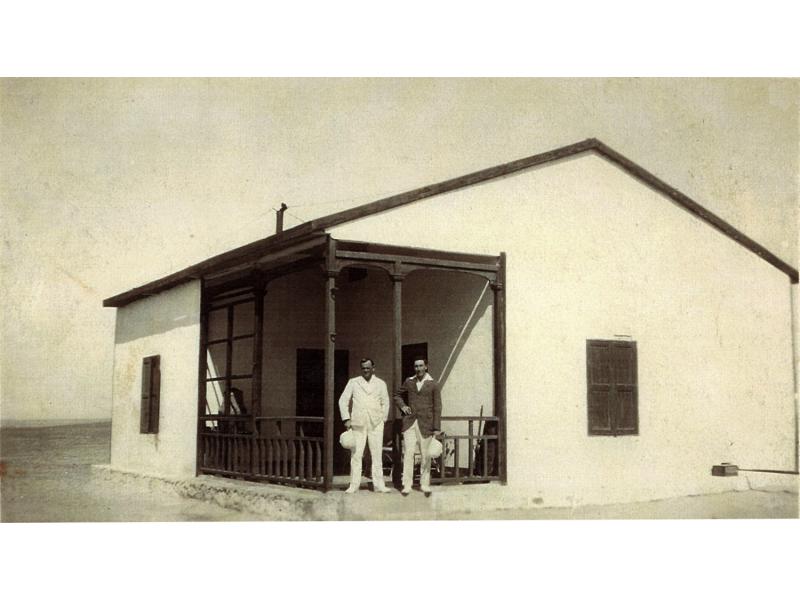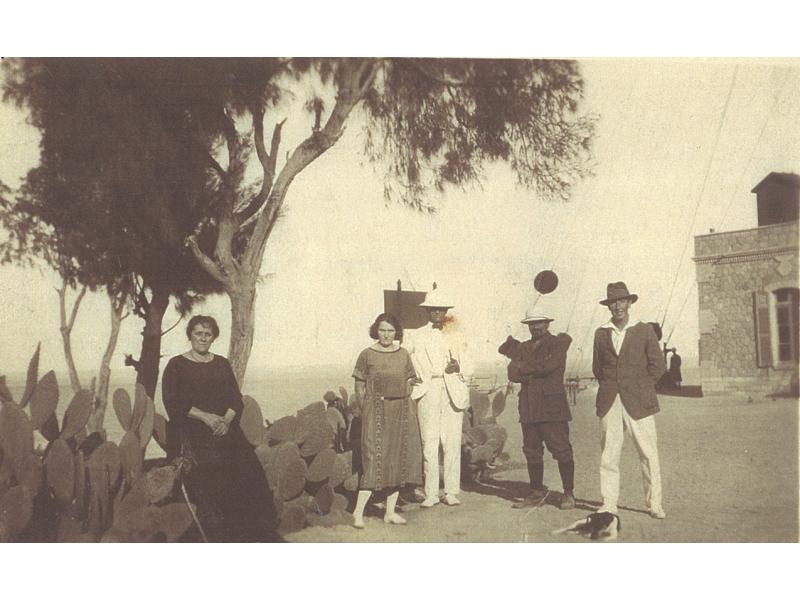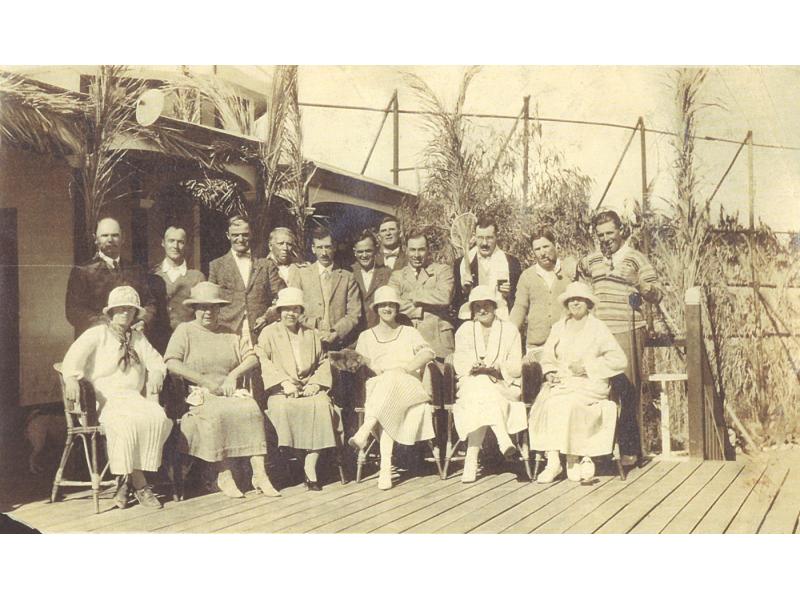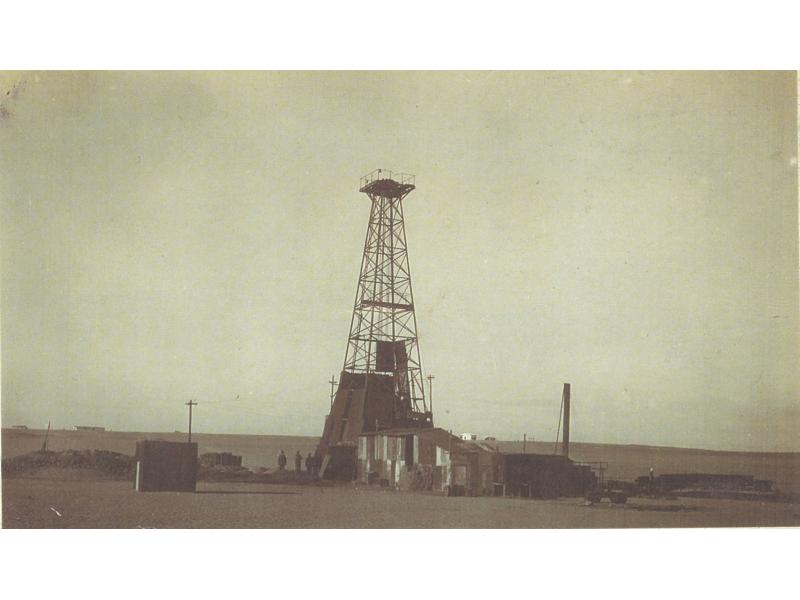Ross Dyke was originally from Forest, Ontario and learned the drilling trade in Lambton County before moving onto fields near Leamington and in Haldimand County. Ross Dyke's dream, however, was to own and operate his own farm in Lambton County. Dyke saw work in the international oil fields as an opportunity to quickly make the money he would need in order to buy his own property. Working abroad would also provide him with the opportunity to travel, something he would have little time for while farming. To this end, Dyke accepted a contract to work in Hurghada, Egypt for the Anglo-Egyptian Oil Company beginning in 1920.
Upon his arrival in Egypt, Dyke wrote a letter to his sister which paints him as being optimistic about his new adventure. He wrote:
"We have quite a little town here, about 75 men and about 25 women and expect more people to arrive right away. The climate is good and is supposed to be one of the best for health. This company has been here for 12 years and they had to kill a man to start a graveyard. […]My bungalow is fixed up nice. A nice bedroom with oil cloth and a small rug and good board. They have a large cookhouse that does all the cooking and a boy to bring it to you at mealtime. We also have a carriage that will take us to work and bring us from. Everything is lit with electricity. Some people have been here longer than six years. Our club has a piano, Victrola, reading room, smoking and billiard room and bar. As well, there is a moving picture show once a week."
Culture shock, homesickness, and an oppressive climate soon had Dyke rethinking his plans and talking about cutting his contract short. A short while later, however, and after a holiday in Cairo with friends, Dyke wrote: "I am glad now that I left the farm and took up drilling. I have had a good time, seen some of the world, and I believe have made more money than if I had stayed farming."
Ross Dyke returned to Ontario in 1923 and he and Annie Duncan were married. He returned to Egypt later that year, this time accompanied by Annie, to complete another three-year contract. Annie had to return to Canada in order to give birth to their daughter, and Ross decided that this was a good reason to cut his contract short. He returned to Canada in time for her first birthday in May, 1925. This brought an end to his drilling career as he took up work on the family farm and enjoyed a few years of success. Sadly, both Annie and Ross died quite suddenly in 1932 and 1933 respectively.
Read the rest of Ross Dyke's letters here.



 Ross Dyke at his house in Habashi, Egypt where he worked during his second contract.
Ross Dyke at his house in Habashi, Egypt where he worked during his second contract.  Ross Dyke (centre) on a visit to Heliopolis, Egypt with some Austrian friends.
Ross Dyke (centre) on a visit to Heliopolis, Egypt with some Austrian friends.  International Drillers and their families pose outside the Anglo-Egyptian Oil Company's clubhouse in Hughada, Egypt. Ross Dyke, third from the left in the back row.
International Drillers and their families pose outside the Anglo-Egyptian Oil Company's clubhouse in Hughada, Egypt. Ross Dyke, third from the left in the back row.  Oil Derrick, Hurghada, Egypt
Oil Derrick, Hurghada, Egypt 








Add new comment